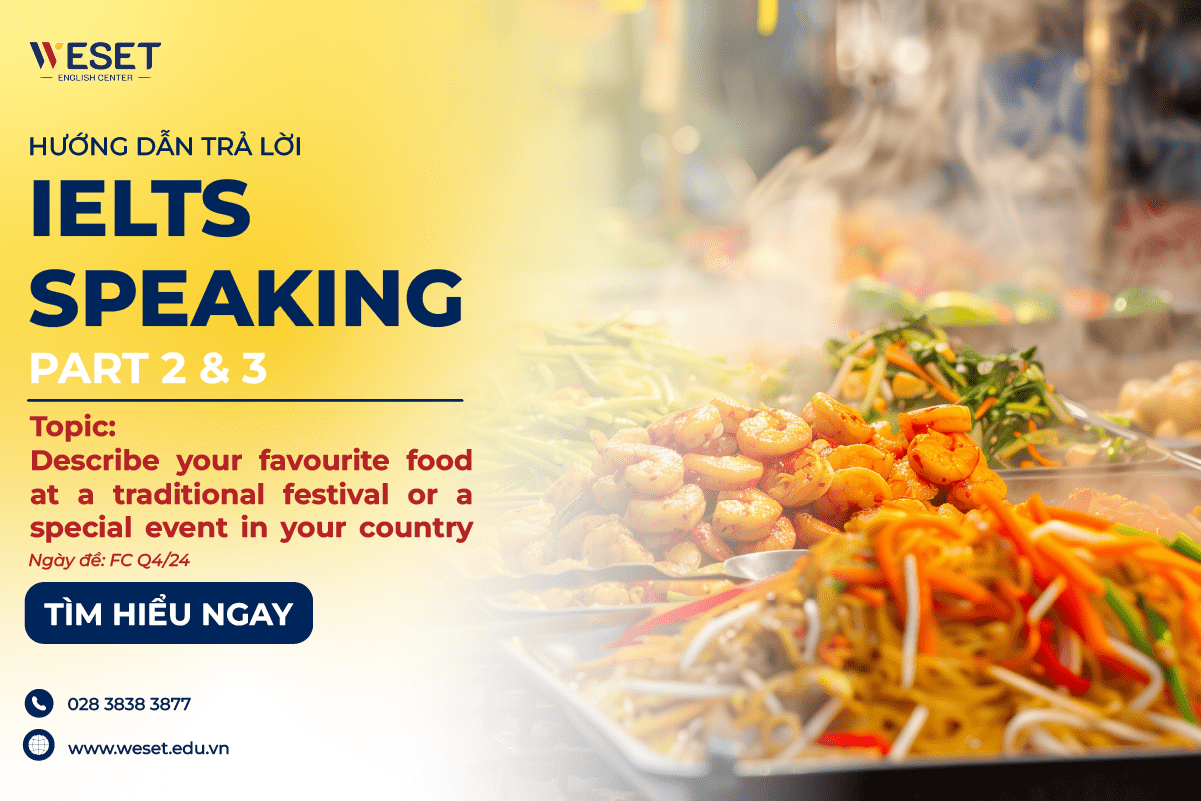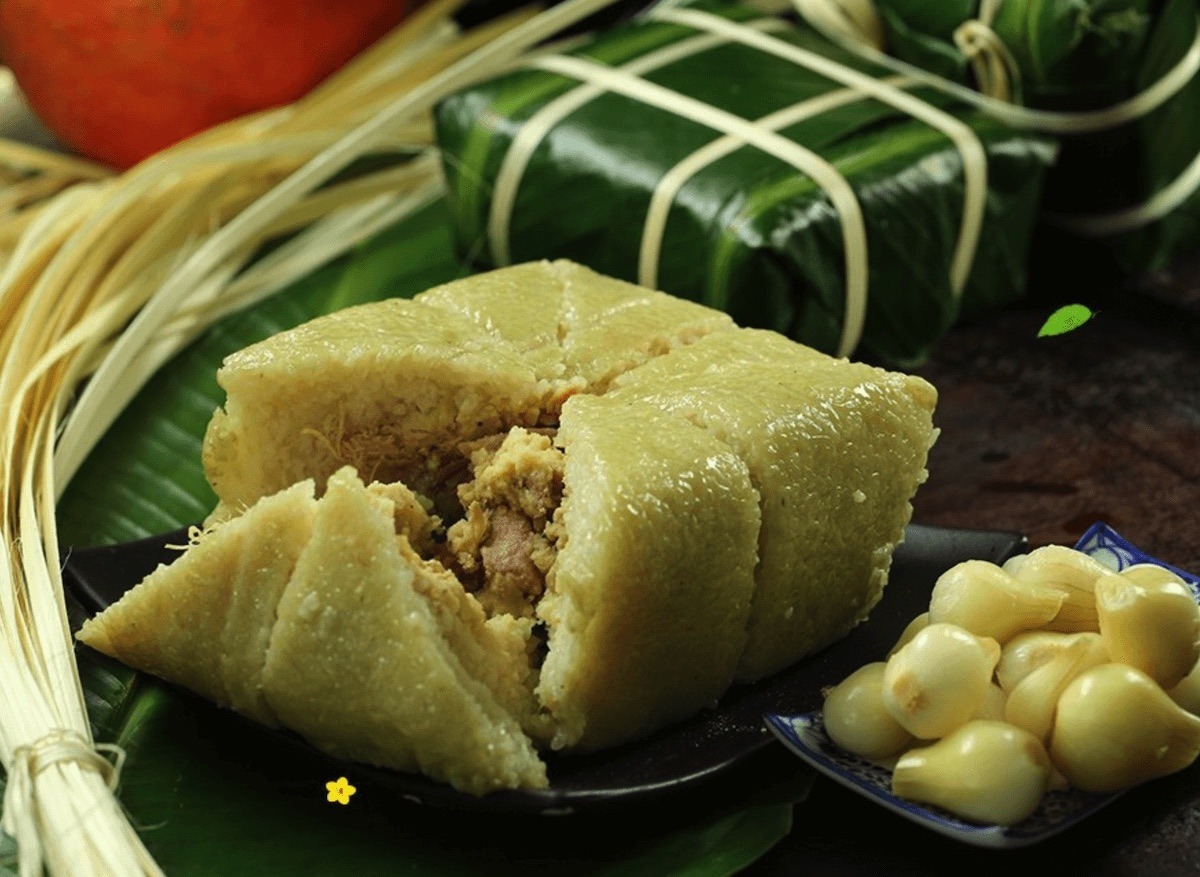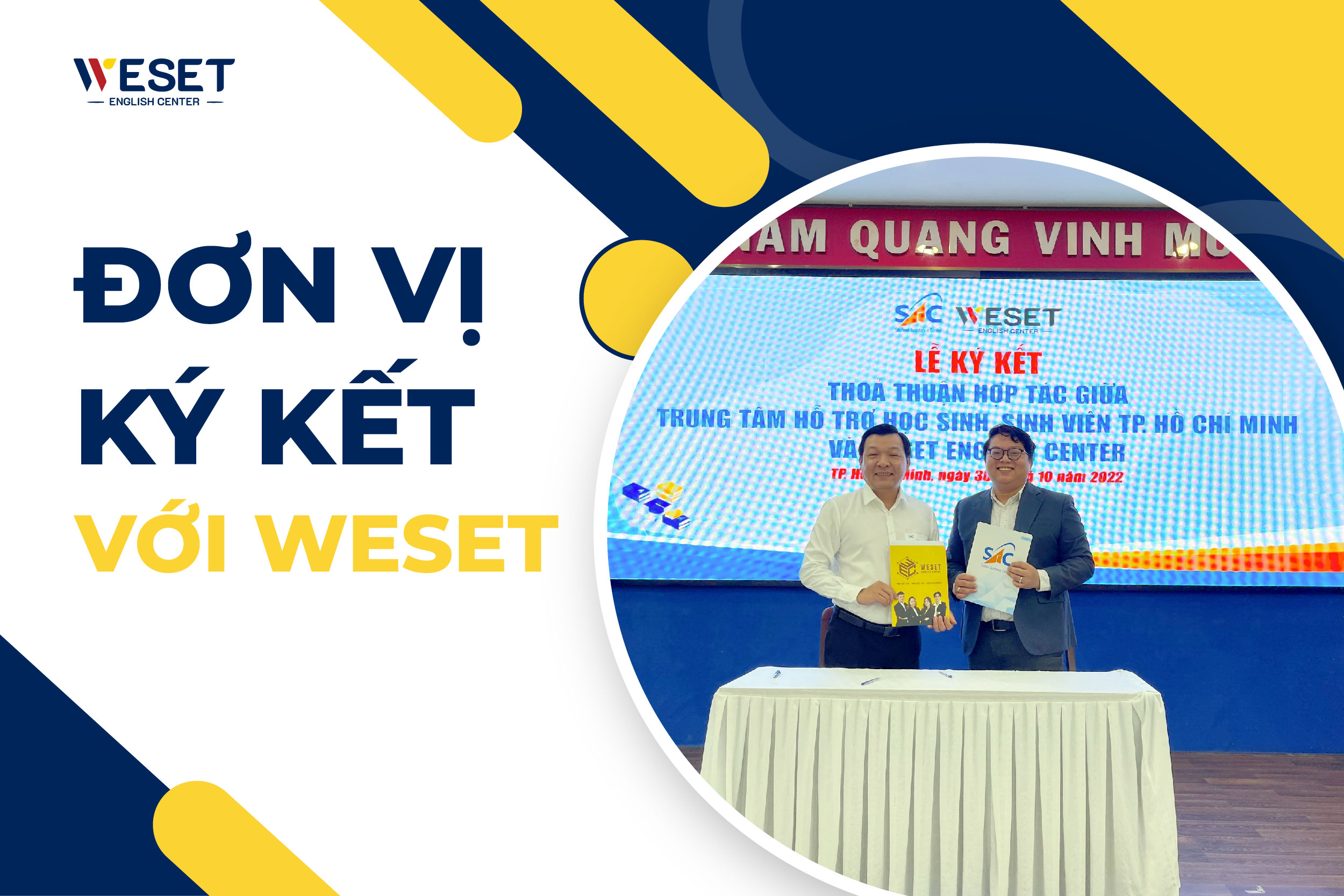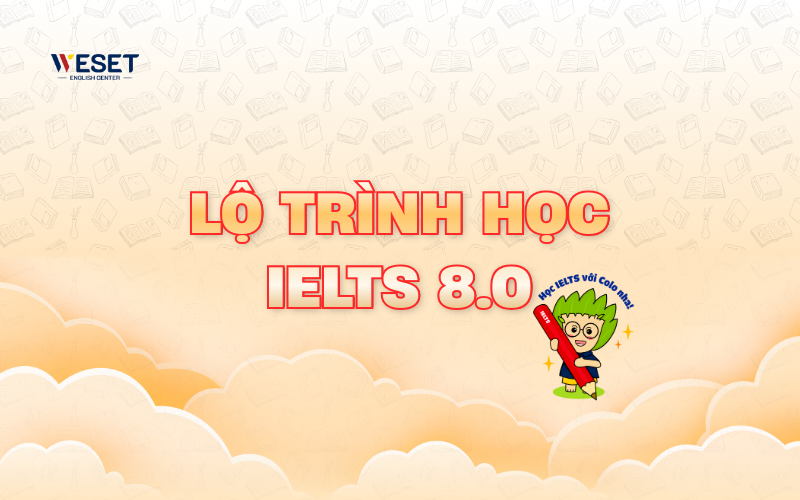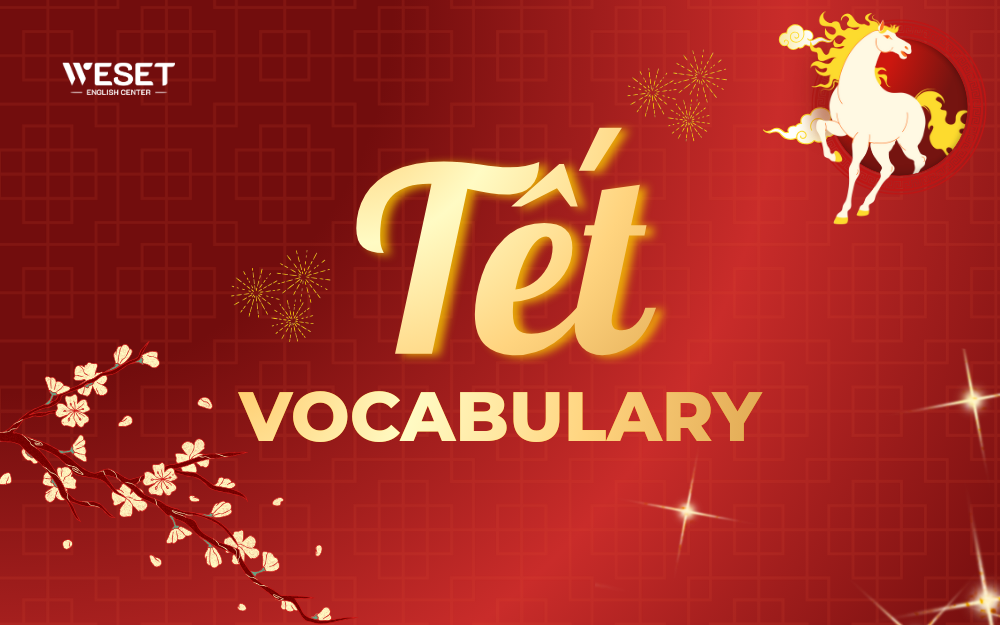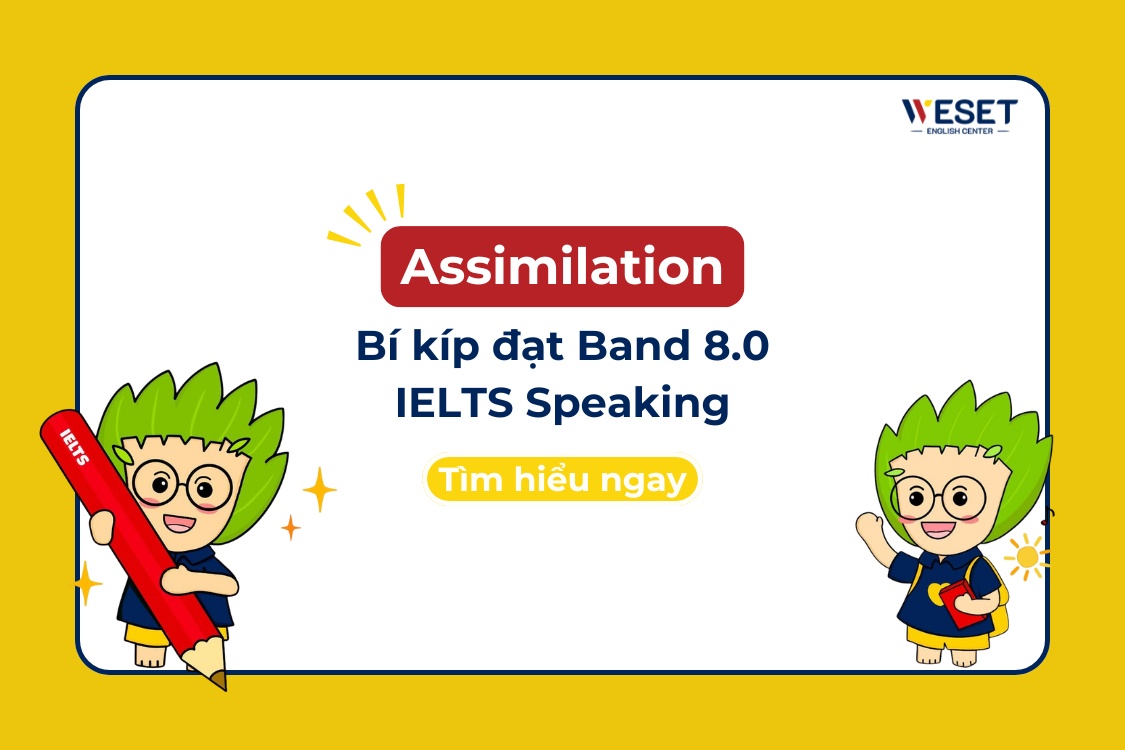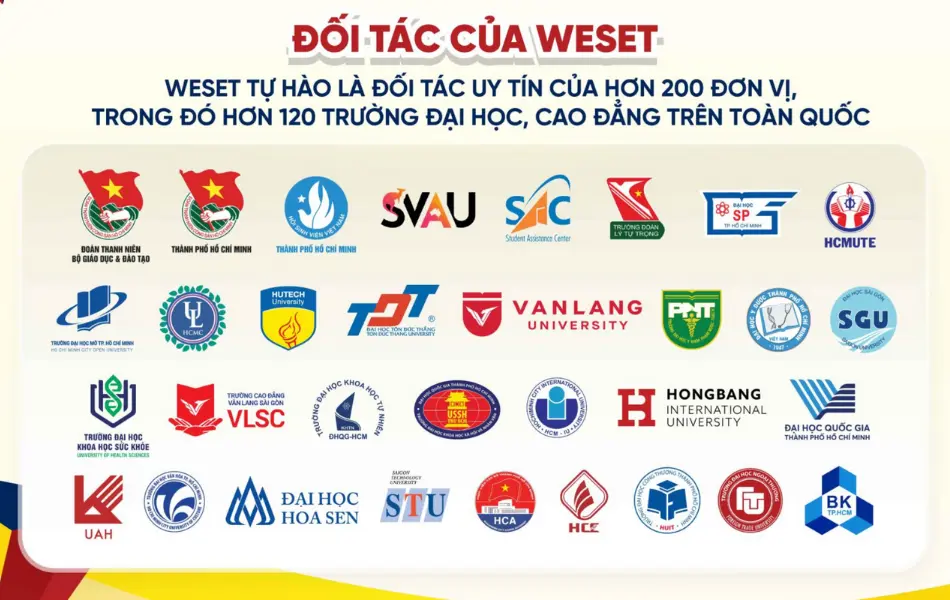Trang chủ Blog Bài thi IELTS mẫu Bài mẫu IELTS Sample Speaking IELTS Speaking: Describe your favourite food at a traditional festival or a special event in your country
IELTS Speaking: Describe your favourite food at a traditional festival or a special event in your country
- WESET
- Bài mẫu IELTS Sample Speaking
MỤC LỤC
Bạn sẽ xử lý như thế nào khi gặp chủ đề này trong IELTS Speaking: Describe your favourite food at a traditional festival or a special event in your country. Tham khảo lời giải chi tiết từ WESET nhé.
IELTS Speaking 2:
You should say:
- What it is
- At which festival/event you eat it
- How it is made
- And explain why you like it
| What it is | Well, talking about the traditional feast that we have in Vietnam, “bánh Chưng” would be on the top of my mind when it comes to one of the most vibrant events of the year, which is the Lunar New Year, or Tet holiday. |
| At which festival/event you eat it | First of all, Chung cake is something that is not really a part of our daily meal. It’s a special treat and usually be made or sold. On New Year’s Eve, when the clock is ticking down to midnight, families, especially those living in rural areas, will reunite to share their stories throughout the year, they sit around a big pot with Chung cake being boiled inside. |
| How it is made | To make Chung cake isn’t a walk in the park; honestly, it’s a whole meticulous process, though the ingredients are pretty simple, with glutinous rice, mung beans, and pork. While glutinous rice and mung beans are rinsed thoroughly and soaked overnight, pork will be cut into moderate slides and seasoned with salt, pepper, and shallot in advance. The next step is that rice, beans, and pork will be placed in layers, then they are draped tightly by banana leaves. The interesting thing is how to make the cake in a square-fit shape. In the past, people would shape it manually, but things get easier now because there are square molds, so that Chung cakes look beautifully square for those who are not good at handicrafts. |
| And explain why you like it | You know what, Chung cakes are not only special because of their special flavor, but also because of the traditional value behind them. According to our culture, Chung cake is the symbol of the Earth, which reminds family members to gather together during the Tet holiday, no matter their geographical distances. And when you have a bite of Chung cake, you can sense the blending of flavor from meat, beans and rice mixing together in your mouth, encased with the aroma of banana leaves.
Chung cake is not only served to satisfy hunger, it’s a story about family behind, a reminder for everyone to come back home after a long year of working and studying. That’s why there are lots of Vietnamese people migrating to other countries who still prepare Chung cakes for Tet celebrations and family reunions. |
IELTS Speaking 3:
1. Is it bad behavior for people to look at their phones during a meal?
I think focusing on phones when having meals is not encouraged, under any circumstances. Physically, using digital gadgets when eating can interfere with the quality of the meal, which can lead to several digestive disorders such as indigestion or bloating, because you are not focusing on chewing things. What’s more, doing other activities, including using phones when dining with others can negatively harm the relationship. Just imagine when two people are sitting quietly and gluing their eyes to the phones without any interaction with others. It just loses the true meaning of a meal, which is to connect them with intimate conversations.
2. Why do people like to have a big meal at traditional festivals or big events?
Well, I think that throwing a feast can act as a way to gather people together to celebrate the festivals or special occasions in some cultures. They can have a whale of a time, and stories can start from the table, with laughter echoes through the house. It also creates an invisible connection among those living far away from each other to get closer together and enjoy the sumptuous feast.
Xem thêm: Bài mẫu các phần
3. Do most people prefer vegetables bought from the supermarket or grown at home?
I think the preference for sources of produce depends on where people are residing. For those living in rural areas, they usually have a small garden inside their houses for leisure gardening or even a huge area for cropping. Such vegetables harvested from this method are generally organic and the quality of products is guaranteed. But for those living in cosmopolitan cities, it seems impossible to have such areas for planting by themselves, I mean, some still have small areas in a corner of a balcony for planting herbs such as basil or cilantro. Therefore, they will lean towards grabbing vegetables at grocery stores or supermarkets, where vegetables are packaged carefully and stocked on shelves.
4. Are there any difficulties when people grow plants in cities?
Without a shadow of a doubt, I would say that the toughest thing about growing plants in a metropolis is the limitation of ground. It can easily be seen that people are living vertically in tower blocks and skyscrapers rather than horizontally because of a shortage of land. That’s why small plants and herbs are usually more preferable than self-sufficient gardening. Another reason crops growing in big cities are not prevalent is because of a lack of time taking care of them. Basically, it seems difficult for those working from 9 to 5 to water plants or compost.
NEW WORDS AND PHRASES
Part 2:
- (be) on top of mind: nghĩ đến đầu tiên
- vibrant (adj): sôi động
- a walk in a park (idm): việc dễ dàng, nhẹ nhàng
- meticulous (adj): tỉ mỉ
- (be) seasoned with: được gia vị với…
- handicraft: thủ công
- geographical distances: khoảng cách địa lí
- blending of favor: sự hòa quyện hương vị
- (be) encased: được bao bọc
Part 3:
- interfere (v): ảnh hưởng
- digestive disorders: rối loạn tiêu hóa
- indigestion (n): khó tiêu
- bloating (n): đầy hơi
- dine (v): dùng bữa
- glue eyes into: dán mắt vào…
- intimate (adj): thân mật
- throw a feast: tổ chức bữa tiệc
- have a whale of time: dành thời gian bên nhau
- echo through (v): vang vọng
- sumptuous (adj): thịnh soạn
- lean towards Ving: nghiêng về (ý kiến)
- without a shadow of doubt: không có sự nghi ngờ nào
- self-sufficient (adj): tự cung tự cấp
- prevalent (adj): phổ biến
- 9 to 5 (job): công việc hành chính, văn phòng (9h đi làm – 5h về)
- compost (v): bón phân
Tham khảo các bài mẫu Sample Writing theo chủ đề khác:

